
A place for stories about chronic illness, disability, mental health, and neurodivergence.
fiction
-
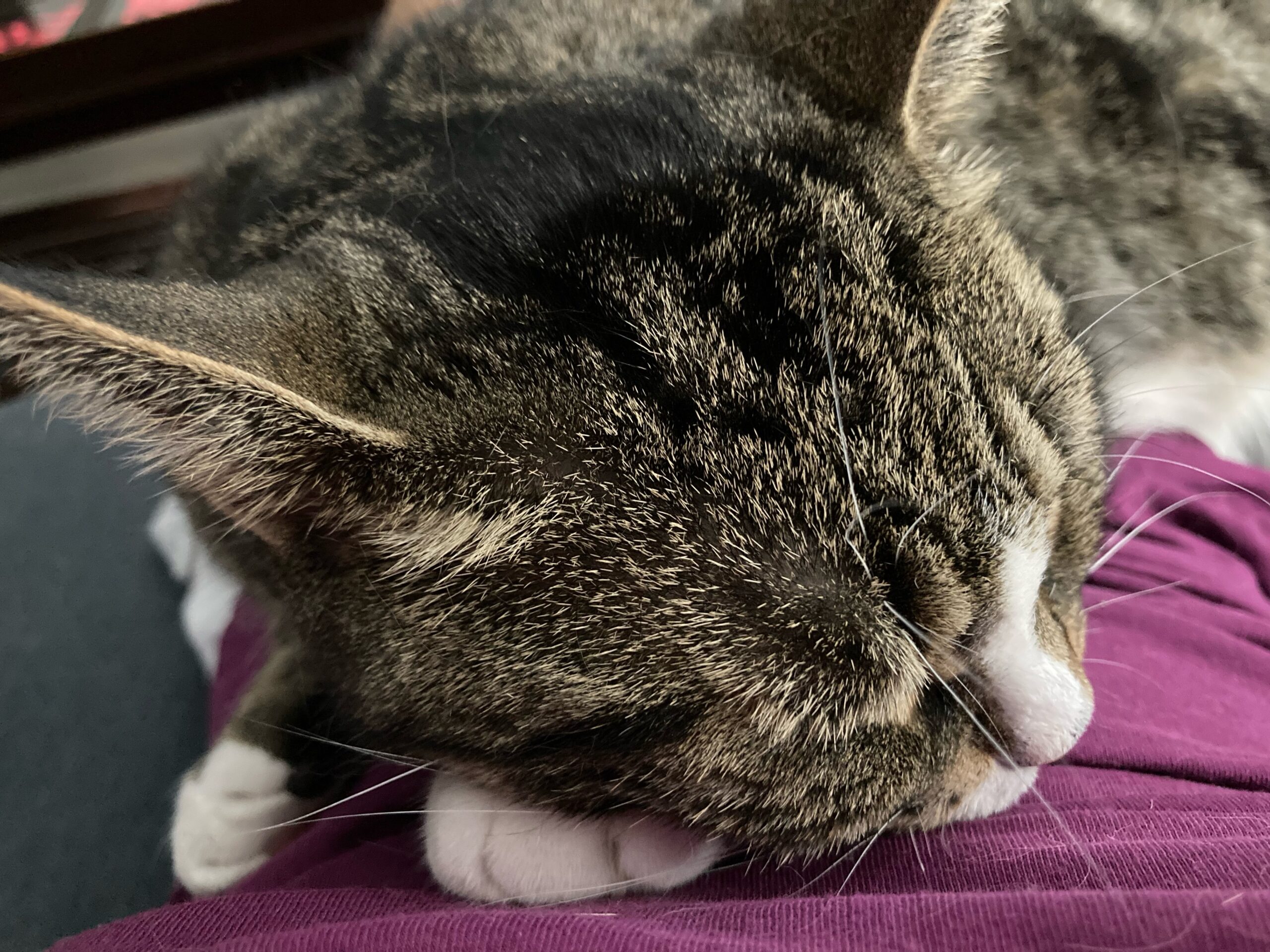 By Jessica Cook
By Jessica CookIn her short story, Wiltshire-based writer Jessica Cook relays how to fall in love with someone who will inevitably leave.
-
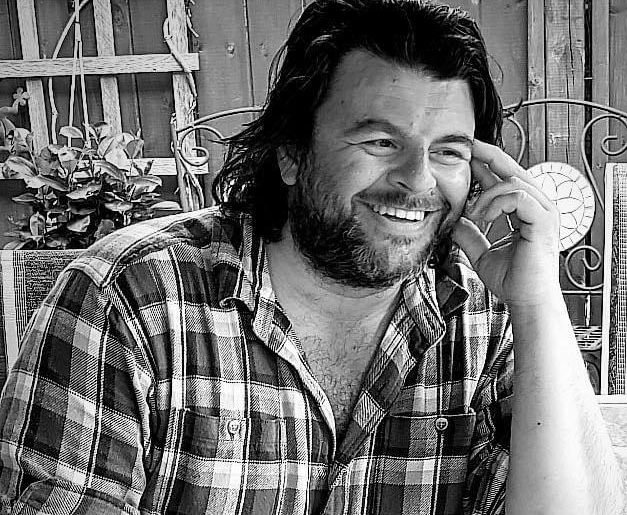 By Alfredo Salvatore Arcilesi
By Alfredo Salvatore Arcilesi“And outside of this customary exchange, outside of this playground within a playground, Lucretia felt relief, for the little girl and boy had yet again successfully avoided recreating the history that had taken place there.”
-
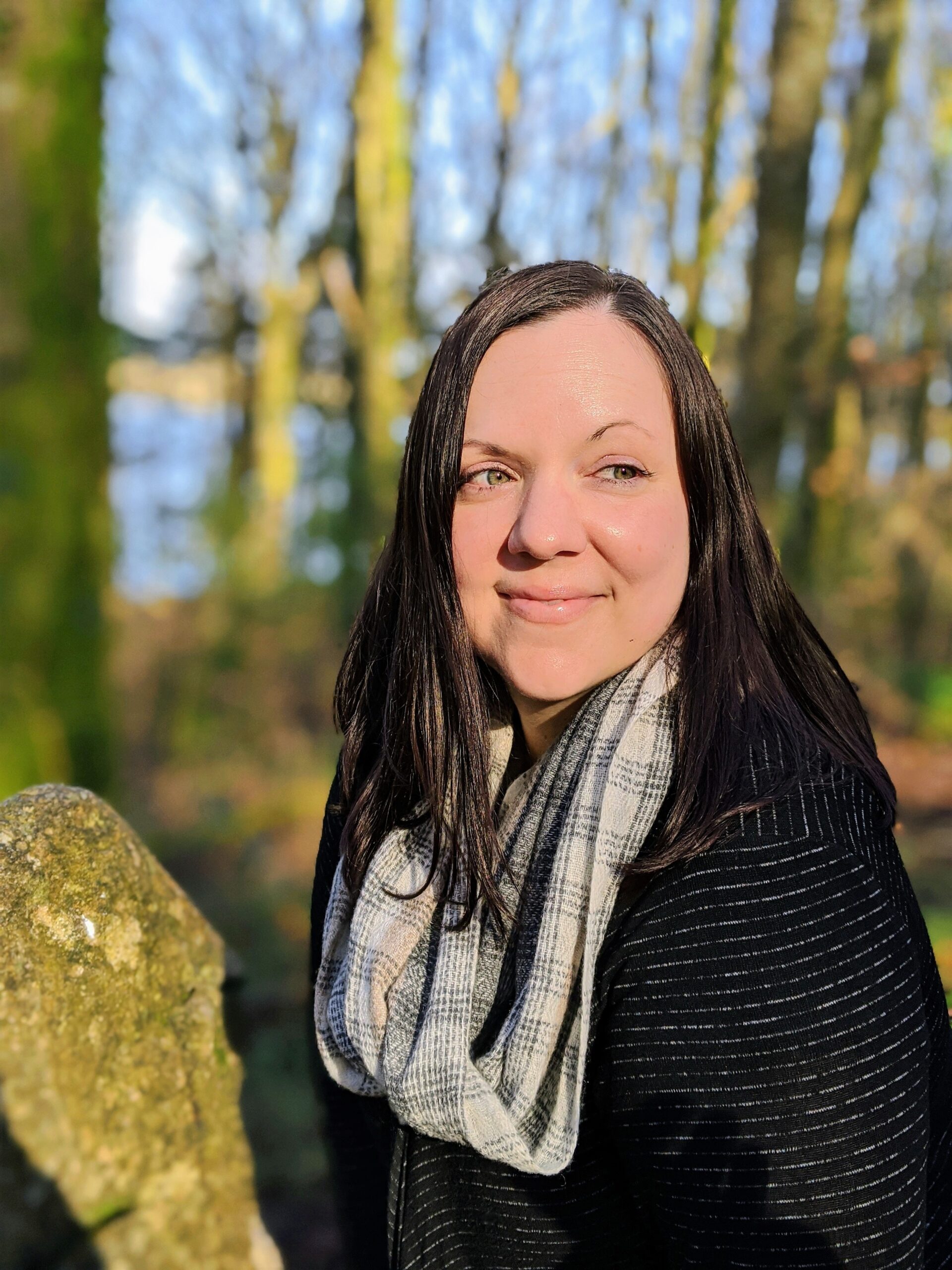 By Allison Stalberg Siebens
By Allison Stalberg SiebensThe author of The Speed of Light, spoke to us about writing a main character with MS, being a journalist, and the line between independence and refusing to accept help.
-
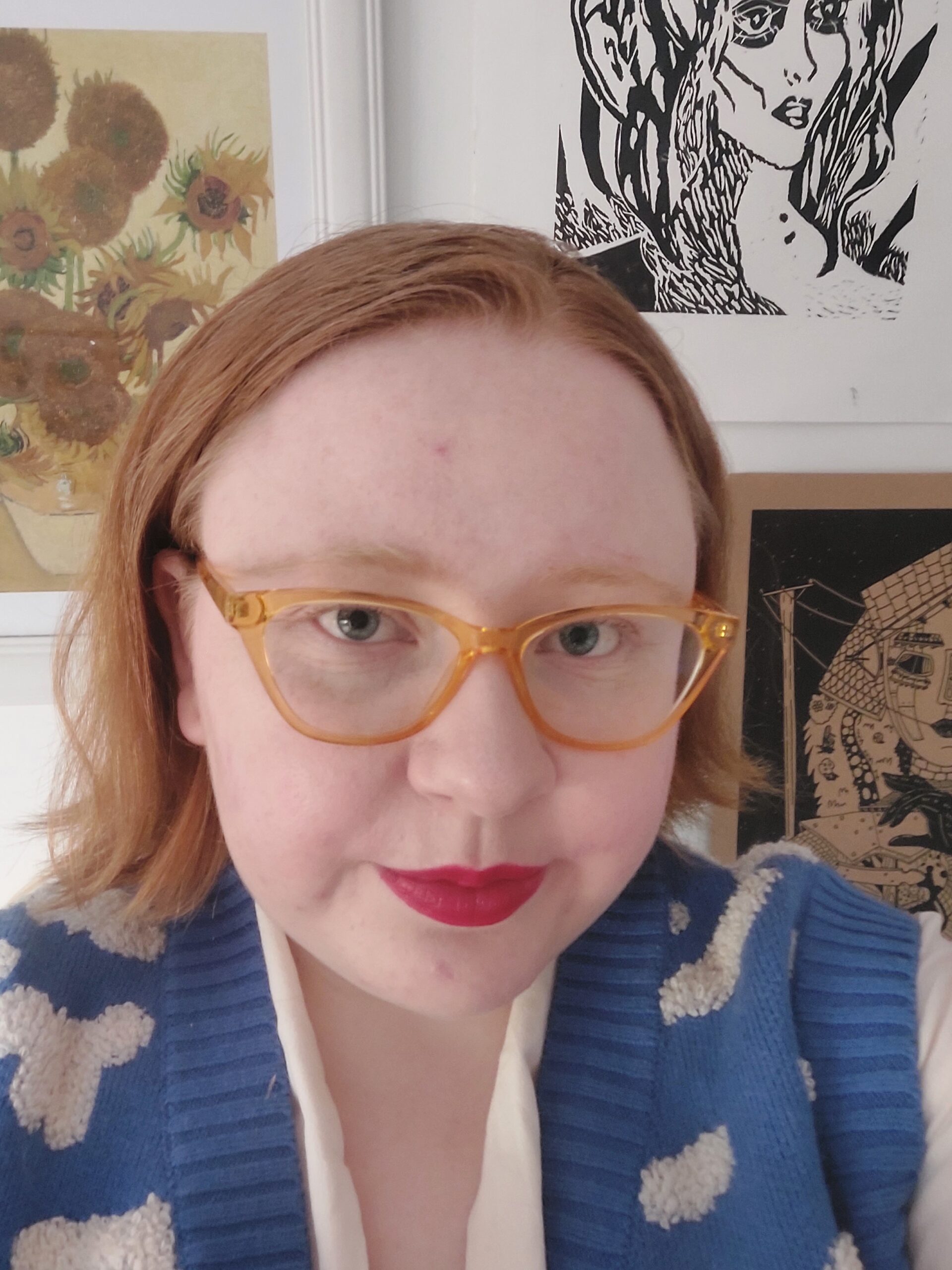 By Zianna Ruiha
By Zianna RuihaIn her short story for Knee Brace Press, Zianna Ruiha introduces us to Eppi Girl, a disabled people pleaser who wants nothing more than to tell her coworkers that her body is none of their business.
-
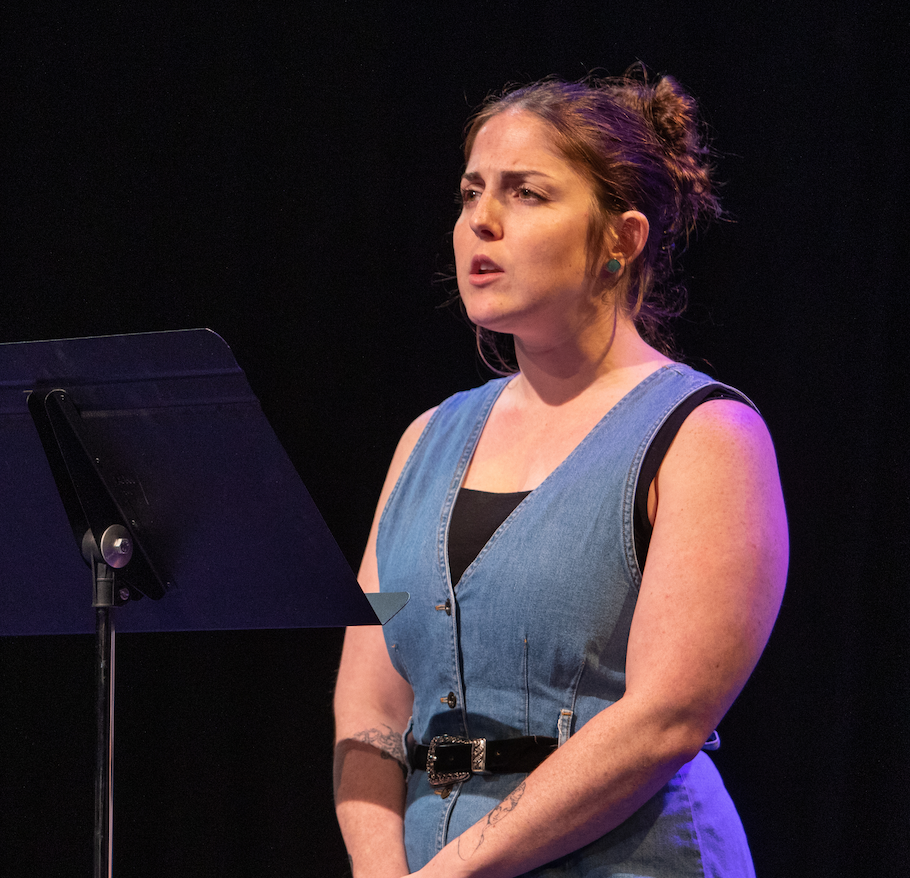 By Ericka Russell
By Ericka RussellImagine a world where suicide can be simulated through virtual reality. This is the context of Ericka Russell’s short story, Suicide Simulation, and the basis for the ethics the main character must grapple with.
-
 By EJ Croll
By EJ CrollEJ Croll’s speculative short story, Spoons, is about their own experience of chronic fatigue, chronic pain, and the frustration of living with these limitations.
-
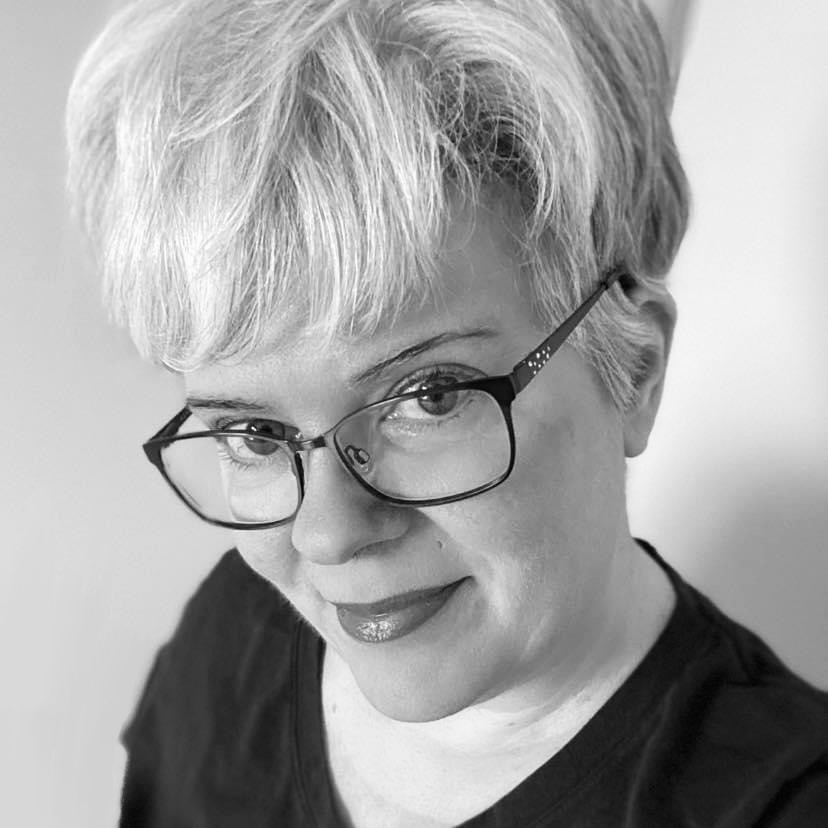 By Cait Gordon
By Cait GordonIt’s the end of the world. Then again, we Spoonies have always been able to adapt. While the non-disabled, richest one percent were hidden underground in bunkers during the catastrophe, a network spearheaded by a disabled woman had secretly gathered to protect the most disregarded of the population.
-
 By Jamieson Wolf
By Jamieson Wolf“We were friendly with the dark.” So begins Jamieson Wolf’s To Thrive in Darkness, a short story where the characters live in a fictional labyrinth, but the narrator’s experiences with disability are strikingly similar to Wolf’s own experiences with multiple sclerosis and cerebral palsy.
-
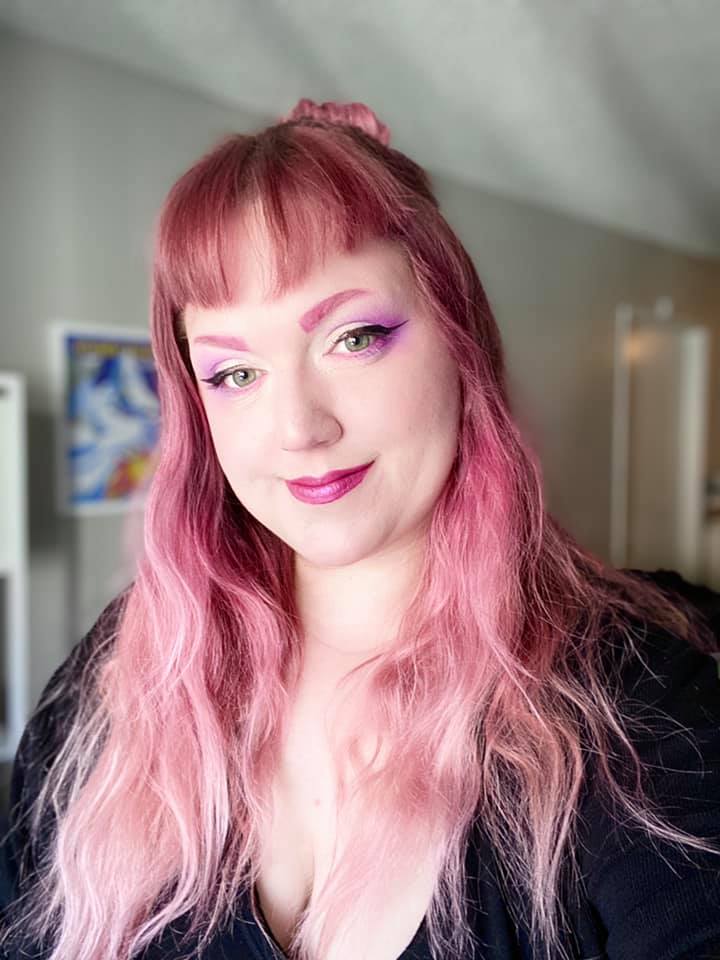 By Amanda Cessor
By Amanda CessorSometimes, all we need is a little help, even if that help comes from an unexpected source. Author Amanda Cessor shares with us a fantastical short story about her very real experience with ADHD, anxiety, and depression.